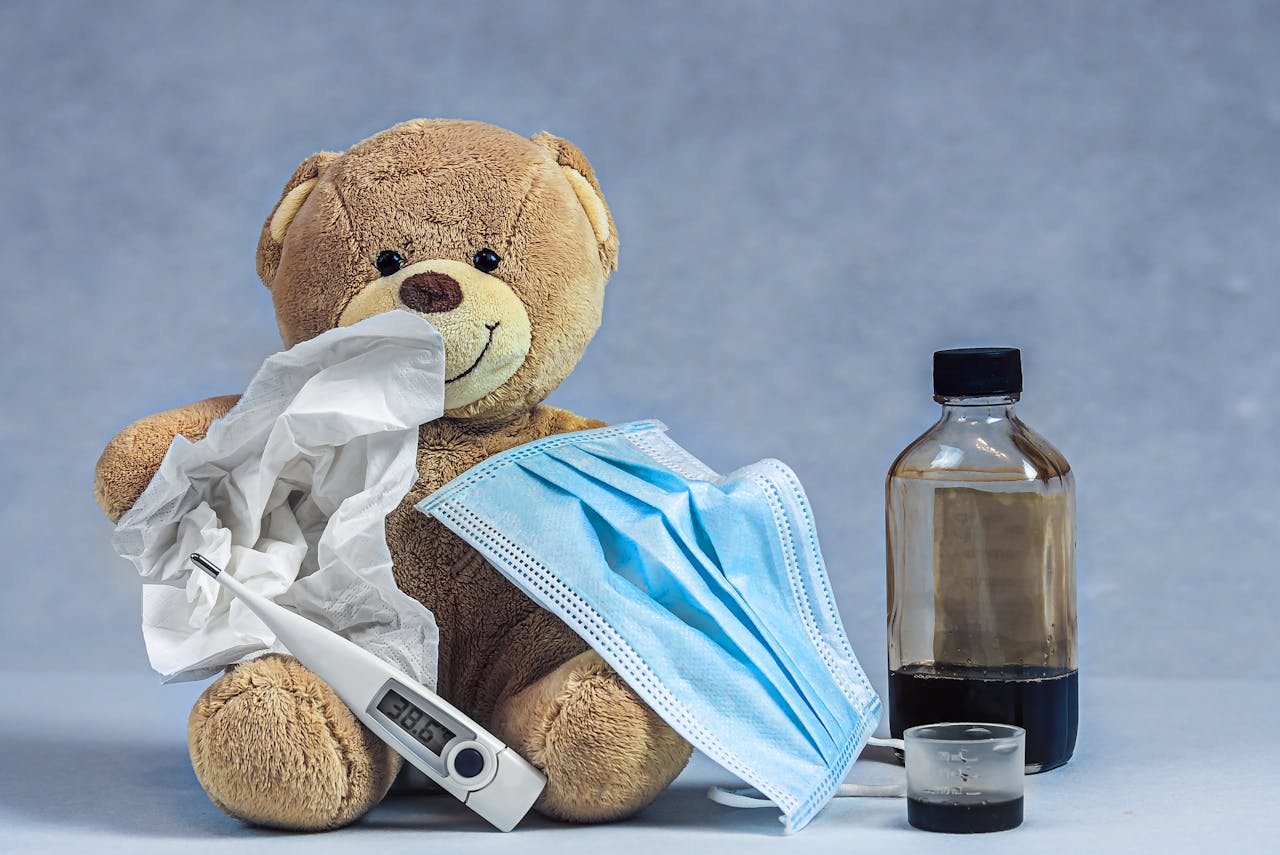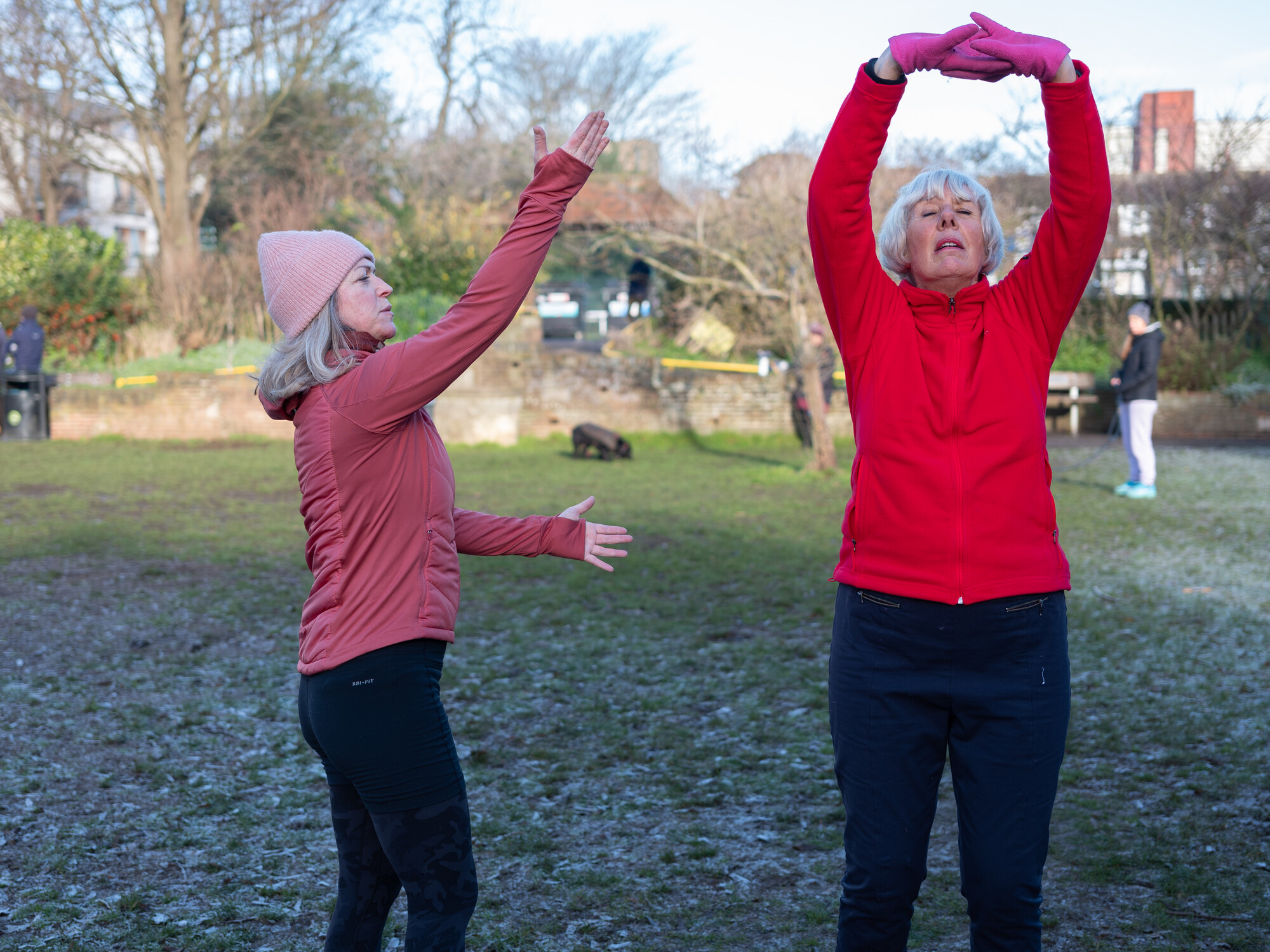Sleep
We spent a third of our lives asleep. Sleeping is as important as eating and drinking. If you don’t get enough sleep, it can impact your mental health.
Top tips for sleeping well
1. Have a good sleep routine
Create healthy sleep habits that you can maintain every day to get your body ready for sleep.
2. Create the perfect bedroom environment for sleeping
- Try and get your room as dark as possible using black out blinds – shops like Dunelm sell affordable stick on temporary black out blinds which work really effectively.
- Keep your room cool by opening a window, using a fan, etc. – you may wish to buy a cooling blanket to use instead of your duvet.
- Use a white noise machine / playlist on your phone to block out nighttime noises.

- Keep digital screens out of your bedroom where possible.
3. Try meditation and mindfulness
Take a look at the NHS’ beditation videos for breathing techniques to help you sleep.
4. Avoid screens before bedtime

For at least an hour before sleep, try to avoid looking at your phone, laptop or other devices.
They give out blue light that can stop you from sleeping.
5. Get support for stress and anxiety
Worrying about things can stop you from falling asleep. Meditation can be a good way of relaxing before bedtime. You might also want to keep a notebook by your bed to write down any thoughts that are keeping you awake.
6. Deal with coughs and colds before going to bed
If you’re struggling with a cough, cold or headache, try and take your medications recommend by your doctor so you don’t need to sleep with a blocked nose / other symptoms. Speak to your pharmacist for support.

7. Exercise during the day

Keeping active is a great way to look after your physical and mental health. Note: if you exercise too close to bedtime, it may keep you awake because of adrenaline.
8. Adjust your diet
Cutting down on alcohol and avoiding caffeine after midday can help improve your sleep.

9. Avoid naps
It may be hard if you haven’t had a good night sleep, try to avoid napping for more than 20 minutes if you can so that you sleep well the following night.
Support with sleep
If you need help with sleep. There are lots of national and local support services available:
- National Sleep Helpline - speak to trained sleep advisers.
- Speak to your GP.
- Speak to a Health & Wellbeing Coach if your GP practice has one.
Related Pages
Upcoming Events
Upcoming events
No events found.





